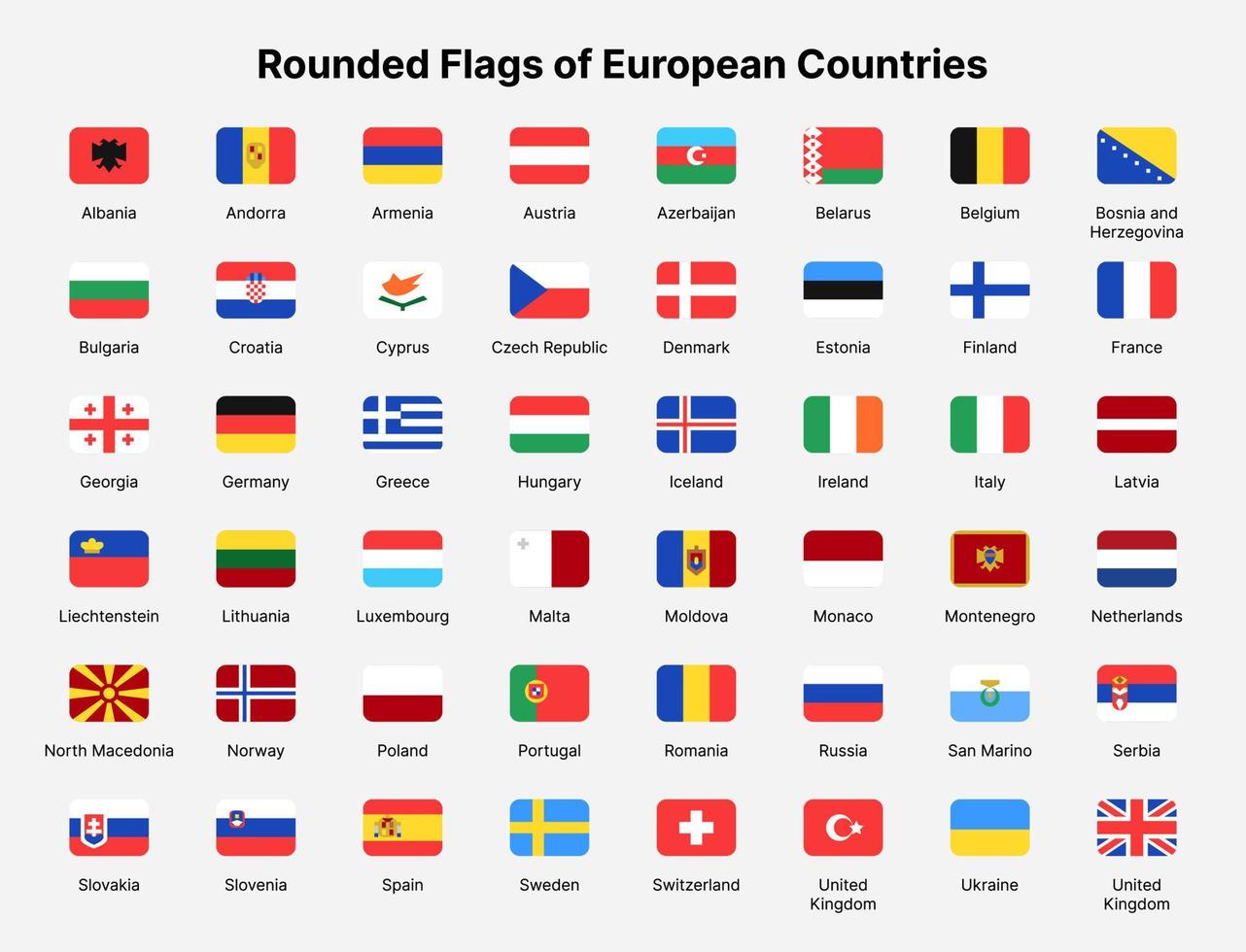France is a favorite destination for immigrants because of its rich cultural heritage, thriving economy, and high quality of life. However, it might be difficult for anyone with a criminal past to immigrate to France. This is because a person’s ability to get a visa, permanent residence, or French citizenship will be significantly impacted by criminal history.

These other articles might interest you:
Criminal records that may have an impact on immigration
People would be questioned about any past criminal convictions when submitting an immigration application to France. A broad variety of acts, from petty misdemeanors to major felonies, may result in convictions. Criminal records of the following types may prevent applicants from entering France:
War crimes, genocide, or crimes against humanity
Admission to France may be denied right away for certain crimes, which are regarded as the most severe. The majority of the time, those who have committed such crimes are prohibited from entering France and may be prosecuted if they do.
Illicit drug use
Entry into France might be denied as a consequence of drug crimes, especially if the offense includes distribution or trafficking. When applying for immigration, those with a history of drug charges may come under more scrutiny and be asked for further information or subjected to background investigations.
Violent offenses
People who have a history of serious crimes might also have trouble being accepted for immigration to France. This may apply to crimes including murder, domestic violence, and assault.
Property offenses
Fraud, theft, and other property offenses may affect immigration decisions. People having a history of property crimes may be given further scrutiny or be refused entrance because they are thought to pose a danger to French society.
The repercussions of having a criminal record
For anyone looking to relocate to France, having a criminal past might have serious repercussions. People with criminal records might potentially be denied entrance, but they also risk other repercussions, such as:
Delayed processing
Immigration authorities may require extra time to process applications from those with criminal histories because they may need to do additional background checks or collect more data.
Fewer choices
People with criminal records could have fewer options for visas or permits, depending on the sort of violation they committed. People who have a history of drug convictions, for instance, may be denied a work permit or permanent residence.
Deportation
If it is determined that someone already residing in France who has a criminal history is breaking French law, they might be deported.
Options open to those with a criminal history
People with criminal records could nevertheless be allowed to move to France despite the difficulties. They have a variety of possibilities, some of which include:
Requesting a waiver
In rare circumstances, people may be eligible to get a waiver, which would let them travel to France despite having a criminal record. These exemptions are often only granted in rare circumstances, such as when a person has a care-dependent family member in France.
Obtaining a pardon
Eligibility for pardon or expungement varies depending on the type of crime and the legal system where it was committed. This may make it simpler to get a visa or entry permit for France.
Obtaining legal counsel
People who want to come to France but have a criminal past should get legal counsel from a qualified immigration attorney. An attorney may guide them through the application process, explain their alternatives to them, and, if required, act as their advocate.
Appealing a judgment
A person might be eligible to appeal the judgment if their visa, residence, or citizenship application is rejected owing to their criminal history. Depending on the kind of application and the unique facts of the case, the appeals procedure differs. However, the person must demonstrate that they have changed for the better and no longer pose a danger to public safety.




